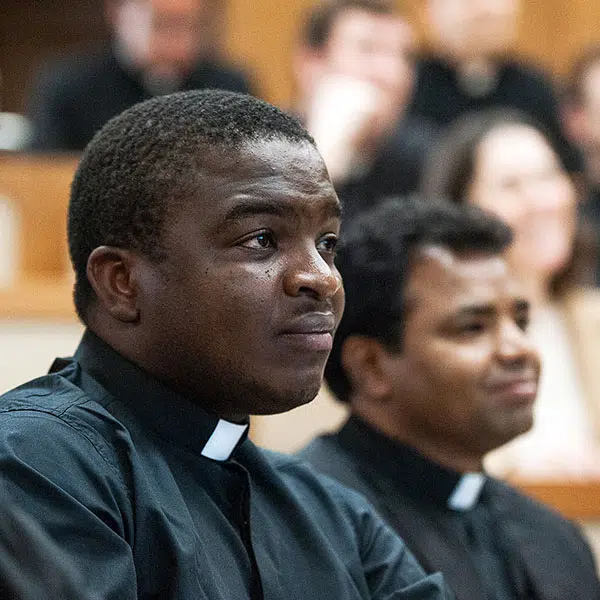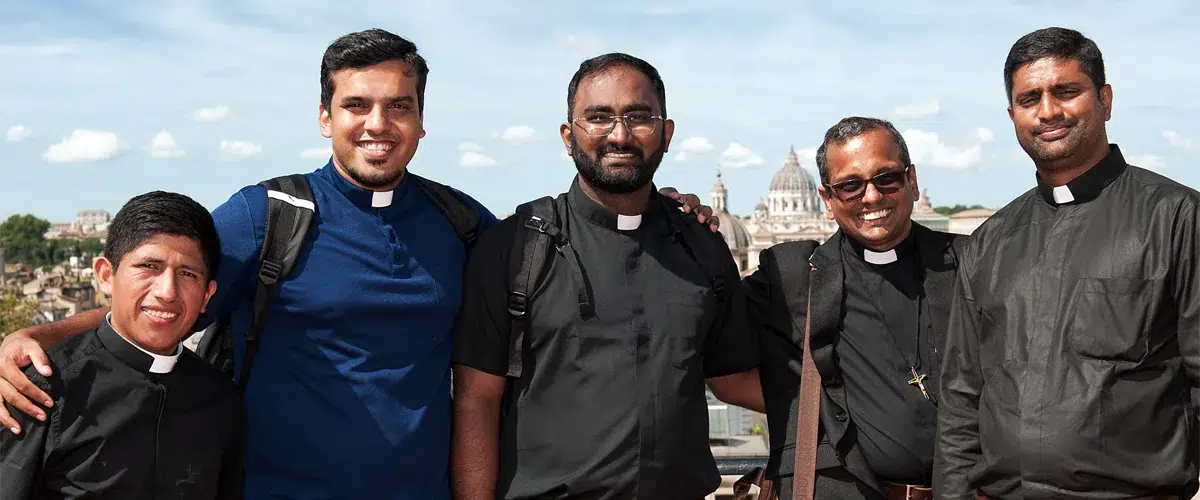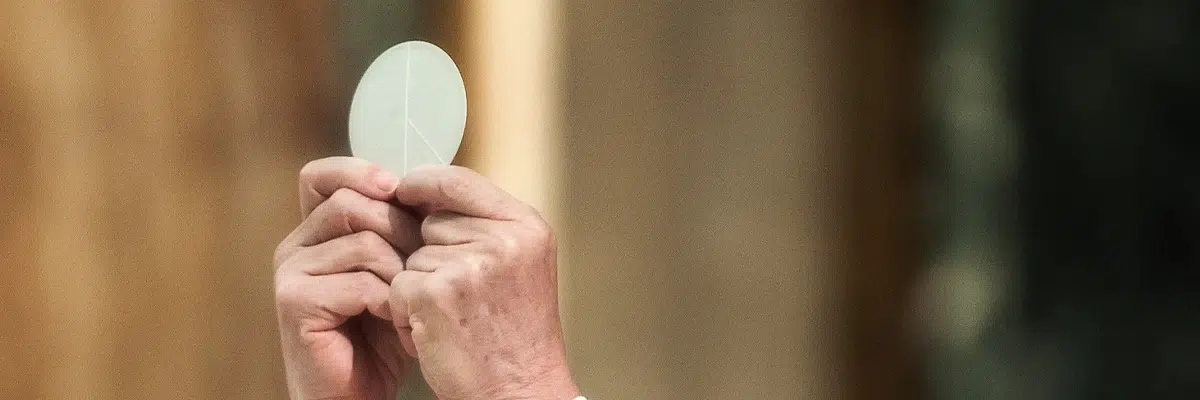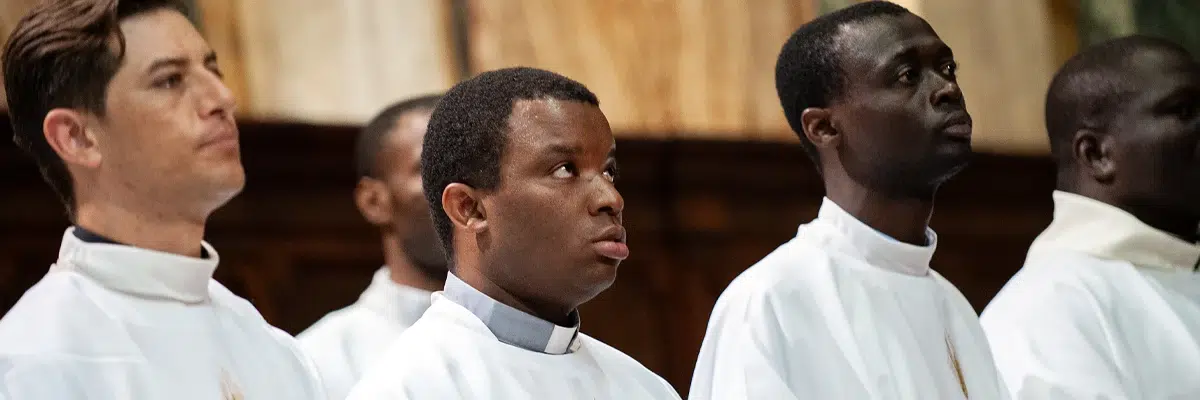

Instituted to announce the word of God and to reestablish communion with God through sacrifices and prayer, this priesthood of the Old Covenant was incapable of accomplishing salvation. Therefore, it needed to repeat the sacrifices without ceasing, and could not attain a definitive sanctification, since it could only be achieved by the sacrifice of Christ.
Yet, the liturgy of the Church sees in the priesthood of Aaron and in the service of the Levites, and in the institution of the seventy "elders," prefigurations of the ordained ministry of the New Covenant.
All the prefigurations of the priesthood of the Old Covenant find their fulfillment in Christ Jesus, "the only mediator between God and man".
Christ's redemptive sacrifice is unique. And for this reason it is made present in the Eucharistic sacrifice of the Church. The same is true of Christ's unique priesthood: «it is made present by the sacrament of the ministerial priesthood» (cf. Catechism, 1539-1544).


The CARF Foundation acts as a link between thousands of generous souls, willing to contribute financially to the financing of study grants so that seminarians and diocesan and religious priests from all over the world can receive a solid academic, theological, human and spiritual preparation.
The priesthood calls all Christians to reflect on the need to provide all the means to ensure that no vocation is lost.